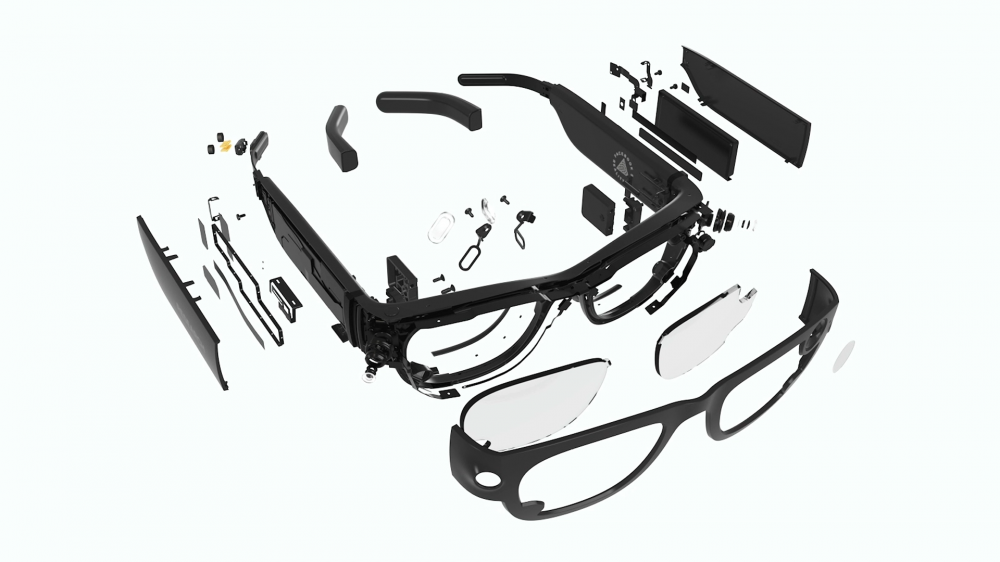
It seems like Facebook (now called Meta) just can’t catch a break. Declining ad revenue and a shrinking user base have forced the company to pursue a custom hardware ecosystem—smart products and mixed reality devices that it can control on its own terms. But for whatever reason, Facebook appears to be scaling back these hardware projects.
First, and this isn’t much of a surprise, Variety reports that Facebook will no longer produce Portal smart displays. These Alexa-powered screens were mainly intended for video chatting and launched in 2018 to lukewarm reception (despite a flurry of expensive ads). If the rumor is true, Facebook will sell remaining Portal inventory and wipe its hands of the experience.
Facebook also halted development of its controversial “Milan” smartwatch, which was supposed to launch this year as a “smartphone replacement.” Essentially, it would let Facebook bypass the privacy barriers set up by iOS and Android. A leak published by Bloomberg shows that the watch also had a bottom-mounted camera—users could remove the watch from a magnetic wrist strap and use it to take pictures or video.

And despite several years of development, Facebook’s first pair of AR glasses (codenamed “Project Nazare”) won’t go on sale in 2024. According to employees who spoke with The Information, these glasses will be exclusive to developers and proof-of-concept demonstrations.
Now, there are several theories for why Facebook is pulling back from hardware. The most obvious explanation is the economy—soaring inflation, stagnant wages, a grim housing market, and signs of an impending recession have already shifted consumer spending away from luxury goods. A smartwatch might sell in this environment, but expensive AR glasses are too new and too niche.
We're going to ship wrist wearables and AR glasses that bring completely new tech—like EMG— to market. The path to groundbreaking products is not a straight line. As is common in our industry, we iterate on multiple prototypes in parallel & shift resources as we learn.
— Boz (@boztank) June 9, 2022
But the economy may not be the driving force behind this change. Facebook isn’t exactly known for hardware development (outside of VR headsets), and its most recent products have flopped and elicited pushback from consumers. Remember those Ray-Ban glasses that Facebook made? We bought a pair and chose not to review them because of privacy concerns!
Maybe Facebook is dissatisfied with its prototype devices, which wouldn’t be much of a surprise. A pair of AR glasses is useless without apps, and even the best AR glasses prototypes have an abysmal battery life. Privacy may also play a part in this; Facebook tested the water with its freaky Ray-Bans, and the response from consumers was hostile.
For what it’s worth, Meta CTO Andrew Bosworth says that AR glasses and “wrist wearables” will eventually reach the market. He explains that “the path to groundbreaking products is not a straight line,” which is a true statement for any decent tech company.



